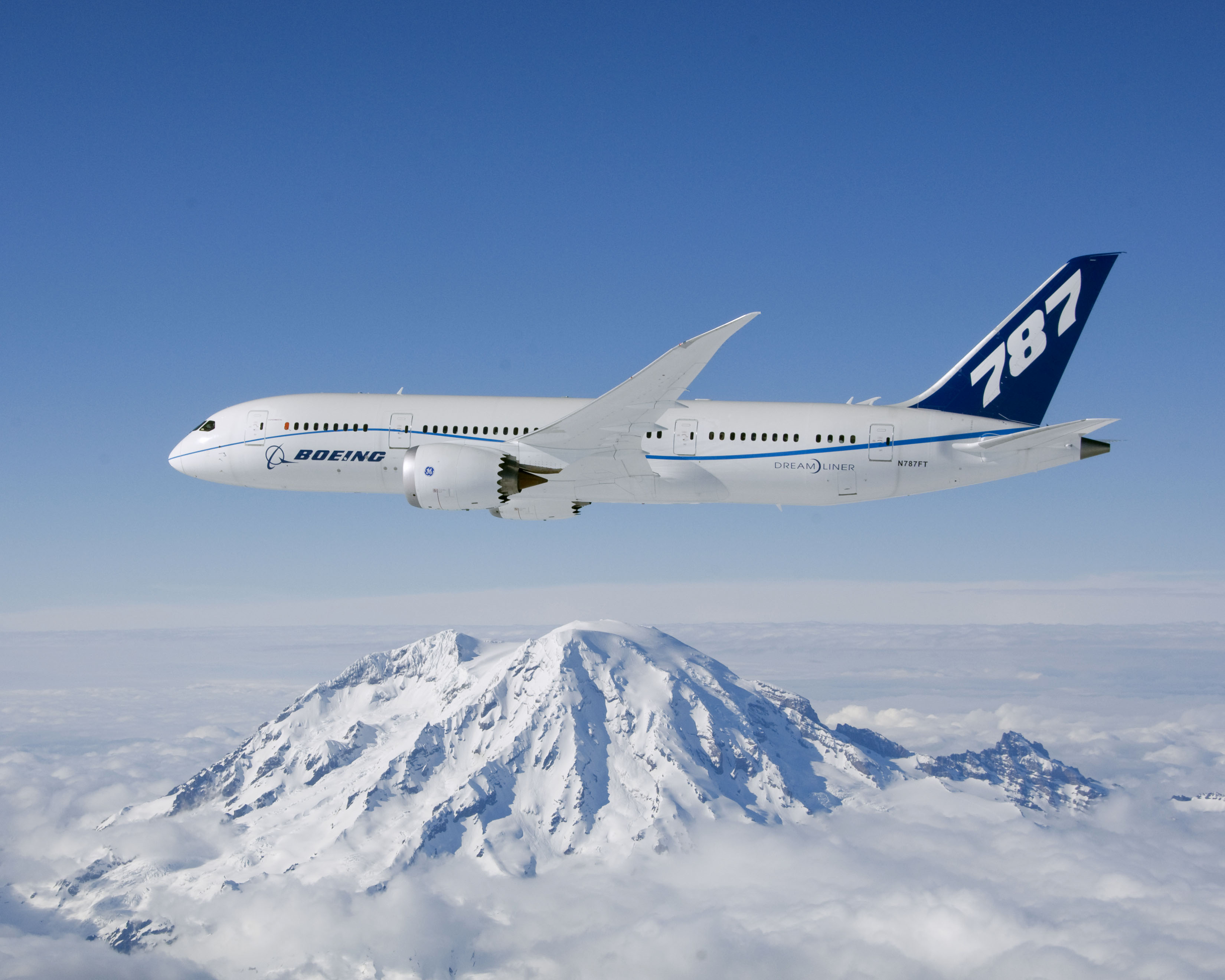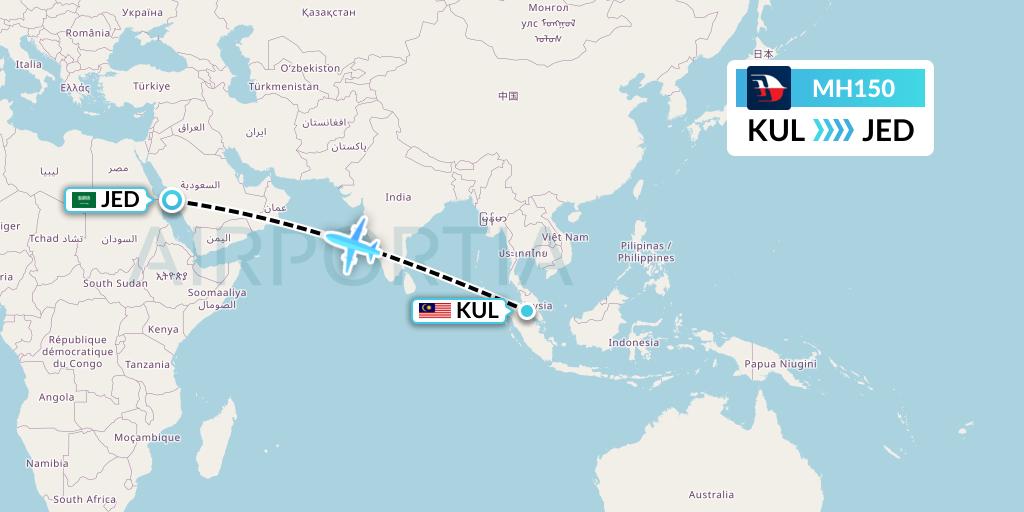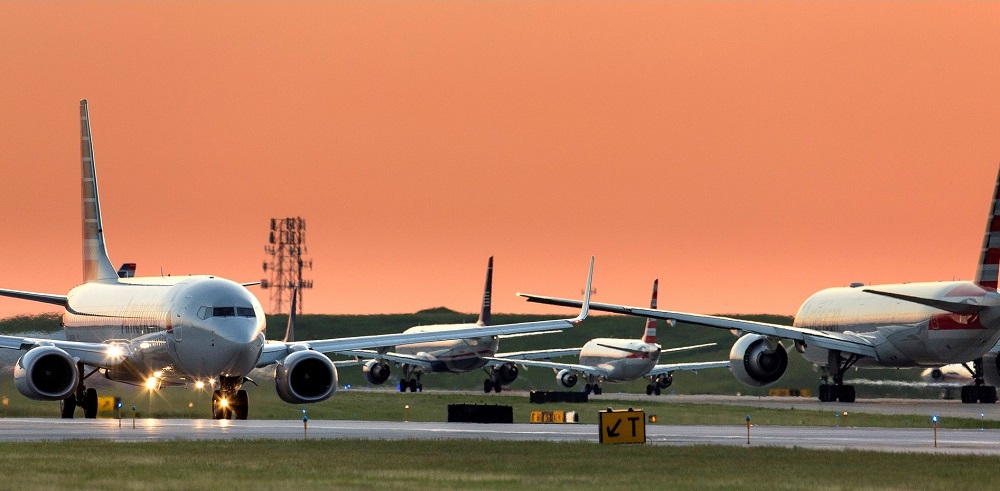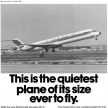US airlines are reportedly considering consolidating their flights rather than fly aircraft with just a handful of people.
Sources have told CNBC that US airline executives are expected to meet with US Department of Transportation officials this week to discuss whether they can sell tickets for flights on each other’s aircraft.
The move comes after United Airlines chiefs revealed aircraft would be flying with load factors in their teens or single digits even with a 60 percent cut to capacity.
SEE: Beautiful earth from on high, far above the ravages of the coronavirus.
American has said it is looking at similar low figures.
CNBC said it had been told by an airline executive that it made more sense to maintain service to a city by putting all passengers on one plane rather than flying aircraft with only a few seats filled.
Changing the system to allow airlines to consolidate flights would allow airlines to further cut costs rather than lose money operating planes that are virtually empty.
The extent of the slump in demand is demonstrated by Transportation Security Administration figures showing just 184, 026 passengers were screened compared to 2.17 million on the same day in 2019.
American chief executive Doug Parker told staff one of the requirements to access aid grants in a $US50 billion government package is that airlines retain some service to every US airport that currently has commercial air services.
READ: US airlines must fly to all ports to access aid payments.
The airlines must also agree that they do not lay off workers between now and September 30.
Airlines to have committed to keeping workers employed and maintaining some service include United, American, Delta, Southwest and Frontier.
The expectation is that the industry will eventually rebound as it did after previous scares such as 9/11 and SARs.
When that will be, however, remains anybody’s guess and Delta executives have warned demand may remain depressed into 2021.
READ: United execs warn COVID-19 demand hit could extend to 2021.
























